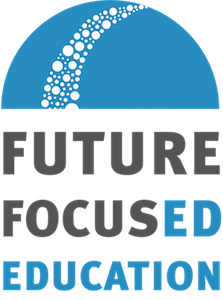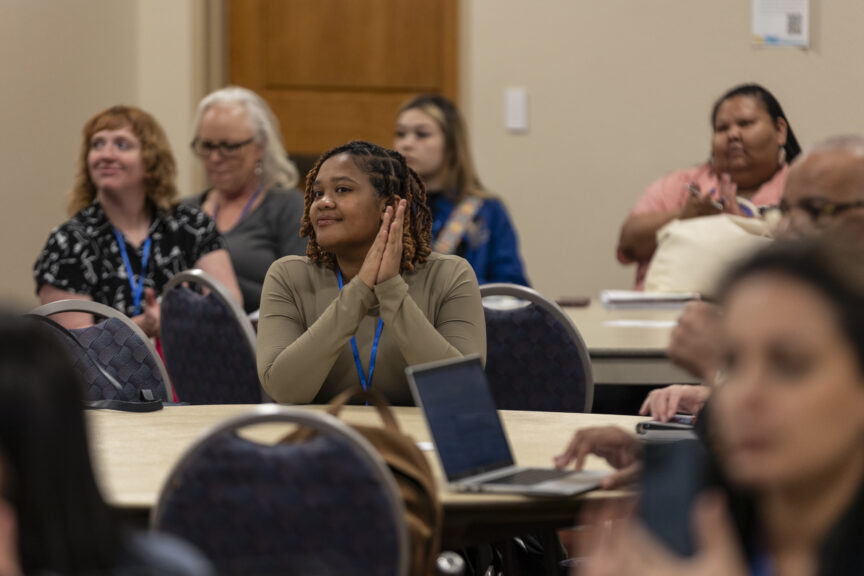Learning and Healing with the Community of Practice
By Ronnie Reynolds, Retired Educator/Current Capstone Consultant
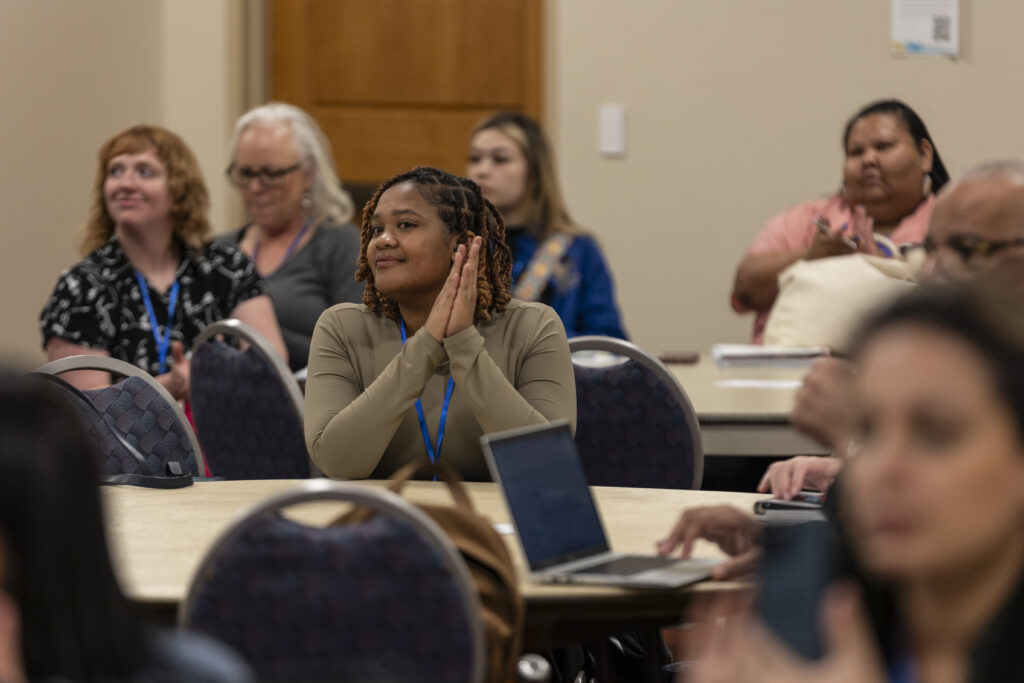
What the Community of Practice Does
Imagine an educational world where capstone teachers, new and experienced, have a community of learners to brainstorm and collaborate with and get support from, while also being paid for the opportunity. Well…it does! Future Focused Education created the Community of Practice group in the fall of 2021 with a few practicing capstone educators. The hope was to build this community and to grow educators who needed support with capstone projects, project-based learning, and equitable grading practices.
This initial group has now grown to four groups and more than 100 participants for the fall of 2024. The Capstone Foundations group learns the basics of equitable grading practices and project-based learning. The Capstone Explorations group supports teachers who are ready to teach a Capstone class. The Capstone Practitioners group is for teachers who teach Capstone and need extra support, and The Capstone Policy group looks at current legislation in the state and advocates for capstone projects at the state level.
Teaching can be an extremely isolating practice, even more so recently, since the pandemic. There are often systemic barriers that restrict creative, thoughtful teaching. In these circumstances, the art of teaching can become rigid and stressful. I learned this first hand serving 18 years as a middle school ELA teacher with a Master's Degree in the Curriculum and Instruction of Secondary Language Arts.
After 18 years, I was having a lot of back and forth and disagreement with the administration about project-based learning and the reader-writer workshop model, which I felt was important to my pedagogy. Pedagogy is extremely personal and nuanced and sometimes you have to find your own way. I felt I needed to empower myself to make important decisions about how my classroom functioned and how I wanted my students to feel in that classroom, rather than just go with what I was given. I ended up leaving that middle school and that chapter was closed forever, but it informed the rest of my teaching career. I ended up getting a dream job at a charter school, where I had more freedom to expand even further and include the community in my teaching and in my assessment. That’s where I started on a new path to learn about and implement capstone projects with students.
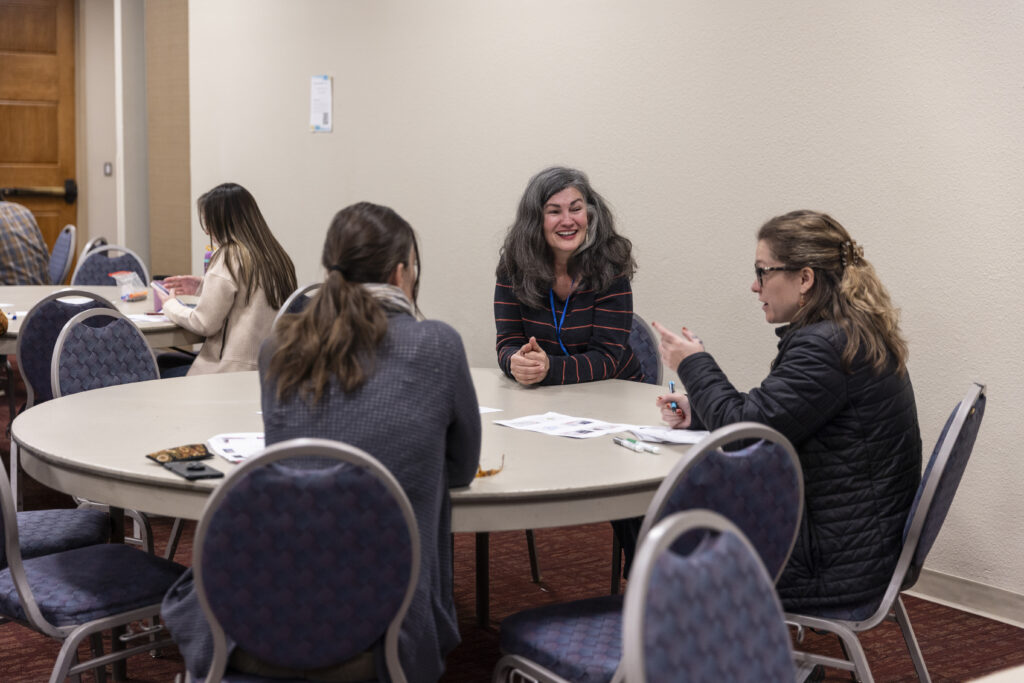
Why capstones
Capstone work is extremely exhausting and rewarding work that requires a complete reevaluation of the way we as teachers were taught ourselves and how we were taught to teach. It provides an opportunity to for us to understand how students learn best and to see how a community can create positive change when it values young people as assets rather than deficits. In my experience, unless young people in the education system comply with that system, they are considered disruptive. At the same time, in my experience, young people know what issues their community is suffering from and have solutions to these issues. It seems our job should be to actively engage youth in Positive Youth Development and in authentic, community-based projects that tackle important community issues.
New Mexican youth are thoughtful, engaging, empathetic, and motivated when they are given real opportunities to work on important issues in the community. They bring with them culture, language, and lived experiences that are extremely valuable to authentic community work. Albuquerque has the highest percentage of disengaged youth in the entire country. I would argue one of the main reasons for this is the education system not valuing young people as positive community contributors. And when they’re not valued, they can end up becoming another number or worse, a robot. Capstone projects directly address this important issue.
As a veteran capstone educator at Zuni High School, Miguel Maizano said, teaching capstone helped him “empower the youth in our community by providing them opportunities to showcase their talents and skills as well as share their language and culture to the larger community. It also serves as a catalyst of community engagement between our youth and the community, especially with the elderly.”
The Power Of Community
Initially the plan for the Capstone Practitioners group was to develop resources for capstones. We used the Liberatory Design model, looking specifically for equity in capstone work and how that could build a movement around the state to address the Yazzie/Martinez consolidated lawsuit. What I personally discovered was that many teachers around the state had experienced something similar to me regarding systemic barriers. That’s why throughout those initial months we found that what we were really building was our own important community. And the strength of that community was the people themselves–we thought we were going to find resources to share, but we realized that the group itself was the resource.
We all shared the same values—love, trust, and family. We found ourselves sharing stories and having the courage to be vulnerable with one another through storytelling and the importance of modeling that for our students. New capstone teacher Alicia McClung at Vista Nueva High School in Aztec, NM said:
“Teaching capstone is not something you master overnight. It's been very comforting having a cohort that can support me and give me advice.”
In the Community of Practice, we have found our support group. Many of us were literally traumatized by our experiences in those inequitable oppressive systems, but here we have found a space not just to learn, but also to heal.
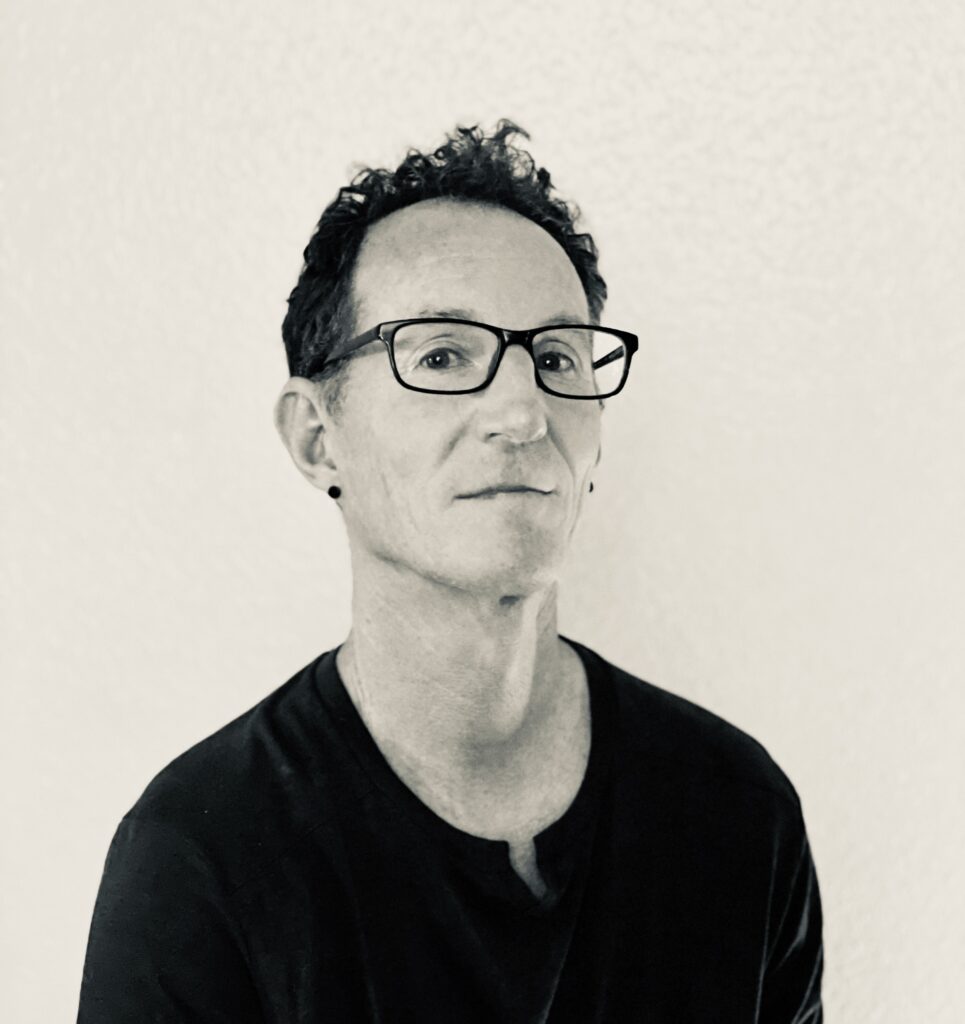
Ronnie Reynolds is a recently retired 26 year veteran teacher in Albuquerque, NM, USA. He has a Bachelor’s Degree from the University of New Mexico where he studied English Literature. He has a Master’s degree in the Curriculum and Instruction of Secondary Language Arts from the University of Phoenix. He taught English Language Arts in middle school for his first 18 years, and then transitioned to high school where he has worked for the past 6 years in two schools developing their Capstone programs. In retirement he wants to continue his equitable education vision for the state of New Mexico helping schools, families, organizations, and especially the brilliant students see themselves at the forefront of what it truly means to remove systemic barriers and be positive contributors to the community.

